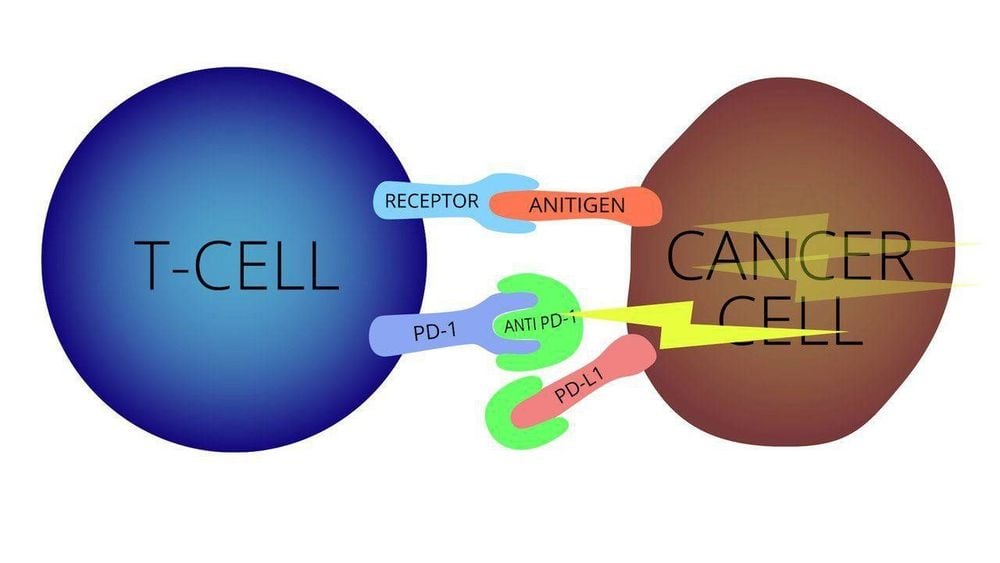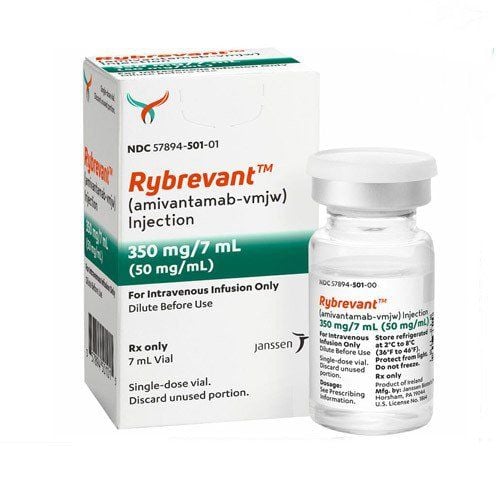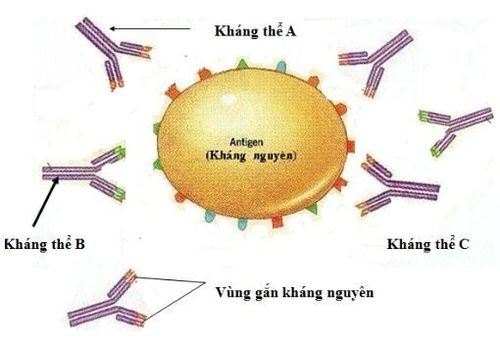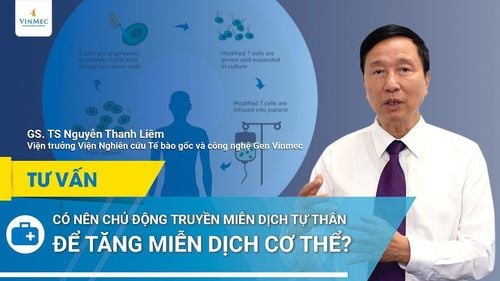This is an automatically translated article.
The article was written by doctors of Internal Medicine Oncology, Radiation Oncology Center, Vinmec Times City International General Hospital.The human immune system consists of the lymphatic system, bone marrow, spleen, and thymus. They produce or circulate specialized immune cells. The role of the immune system is to protect the body against threats, including microorganisms (bacteria, viruses, fungi) and cancer cells.
1. What is the immune system?
The immune system produces or circulates specialized immune cells. The skin, cornea of the eye, and membranes lining the respiratory tract, gastrointestinal tract, urinary tract, and reproductive tract act as physical/chemical barriers against microorganisms such as bacteria and viruses. Bone marrow and thymus are primary lymphatic organs where white blood cells are produced and multiplied. White blood cells are an important group of immune cells in the body.The immune system consists of many different components in the body. The first line of defense that acts as physical/chemical barriers are the skin, cornea, respiratory mucosa, gastrointestinal tract, urinary tract, and genital tract.
2. The role of the immune system
The role of the immune system is to protect the body against threats, including microorganisms (bacteria, viruses, fungi) and cancer cells.
After the body's physical/chemical barriers, the next line of defense consists of white blood cells, whose job is to find and attack microorganisms or abnormal cells (including cancer cells). letters).
T cells are one of the white blood cells that play a very important role in that second line of defense by remembering and helping the body make an antibody specific to a particular antigen (understood T cells are activated through a “lock and key” mechanism that allows them to recognize, attack, and destroy cancer cells.
Many cancers can be prevented by increasing the immune system's ability to monitor for the destruction of abnormal cells, but cancer cells can trick the immune system in other ways together.
3. What is an immune checkpoint?
An important part of the immune system is its ability to keep itself from attacking normal cells in the body. To do this, immune checkpoints (called checkpoints) are designed to shut down the immune response, which helps prevent autoimmunity and damage to healthy cells. The cancer cells "steal" those mechanisms by disabling the T lymphocytes once these T lymphocytes have recognized the cancer cell, thereby preventing the T lymphocytes from attacking and destroying the cells. cancer cells. But new drugs that target these checkpoints hold promise for many results when it comes to cancer treatment.
Nivolumab (Opdivo) and pembrolizumab (Keytruda) target PD-1 (the padlock), a protein on immune system cells called T cells. By blocking PD-1, these drugs strengthens the immune response against cancer cells. This can shrink some tumors or slow their growth. Atezolizumab (Tecentriq) targets PD-L1 (key), a PD-1-related protein found on some tumor cells and immune cells. Blocking this protein may also help boost the immune response against cancer cells. Durvalumab (Imfinzi) also targets the PD-L1 protein. These immunotherapy drugs are given as an intravenous (IV) infusion every 2 or 3 weeks.

Tác động của hệ thống miễn dịch tới tế bào ung thư
While chemotherapy drugs or other targeted drugs directly affect the growth and proliferation of tumor cells, immunological drugs destroy cancer cells through anti-cancer immune responses. naturally
Because chemotherapy uses one or more drugs to kill tumor cells, based on the fact that malignant cells often divide rapidly; As a result, the side effect damages normal cells, especially those that also divide rapidly, such as those in the bone marrow, hair follicles, and gastrointestinal tract.
4. Side effects of checkpoint inhibitor treatment
Immune-related side effects that arise with checkpoint inhibitor treatment can affect any organ or tissue, but most commonly affect the skin, colon, lungs, liver and endocrine organs (such as the pituitary or thyroid).
Most of these side effects are mild to moderate and reversible with early detection and appropriate treatment, so the most important action you can take is to tell your doctor or team cancer about any new or worsening symptoms, or any symptoms that worry you.
Side effects of checkpoint inhibitor treatment usually appear weeks or months after starting treatment, but they can arise at any time during treatment - as soon as a few days after the first infusion, but sometimes only 1 year after the treatment has ended.
The most common side effects for CTLA-4 inhibitors and PD-1/PD-L1 pathway inhibitors are skin symptoms (such as rash and itching), while gastrointestinal symptoms (such as diarrhea) seems to be more common with CTLA-4 inhibitors. Interstitial pneumonia and thyroid dysfunction appear to be more common with drugs that inhibit the PD-1/PD-L1 pathway.
Control point inhibitor side effects management principles
All checkpoint inhibitor related side effects are managed according to some common basic principles:
Depends on the levels Grades such as (grade 1) or grade 2 (moderate severity) are usually treated symptomatically, without permanently interrupting or discontinuing immunotherapy. If patients have persistent grade 2 symptoms, it may be necessary to skip one or more cycles of treatment (as well as receive symptomatic treatment), until their symptoms improve. For patients with grade 3 (severe) or grade 4 (very severe) symptoms, treatment will usually be stopped and referred to a specialist. For example, dermatologists who have severe skin symptoms will usually be treated with oral or intravenous corticosteroids, or other immunosuppressants when side effects are severe or persistent. If you have to permanently stop treatment with an immune checkpoint inhibitor, this will not negatively affect cancer progression. Diarrhea grade:

Các tác dụng phụ của chất ức chế điểm kiểm soát khiến người bệnh có thể bị tiêu chảy
Grade 1, less than three loose stools per day (more than before starting treatment), the patient feels well. Grade 2, four to six loose stools per day (more than before starting treatment), or abdominal pain, or blood in the stool, or nausea, or nighttime symptoms. Grade 3/4, more than six loose stools per day more than before starting treatment or symptoms occurring within 1 hour of eating; Also watch out for other symptoms such as dehydration, fever, or a rapid heart rate.
Rash grade :
Grade 1, rash covering less than 10% of BSA (body surface area) with or without symptoms. Grade 2, rash consisting of 10% - 30% of BSA with or without symptoms, affecting daily activities. Grade 3, rash covering more than 30% of BSA with or without symptoms, affecting the patient's ability to care for themselves. Grade 4, rash covering more than 30% of BSA with infection or other complications, requiring admission to the hospital's intensive care unit. Immunotherapy for cancer is an outstanding scientific achievement and opens up hope for the unfortunate people with cancer. However, not all cancers are suitable for this therapy.
Information article just wants to give readers a basic understanding of the immune system and immunotherapy treatment only.
Please dial HOTLINE for more information or register for an appointment HERE. Download MyVinmec app to make appointments faster and to manage your bookings easily.













